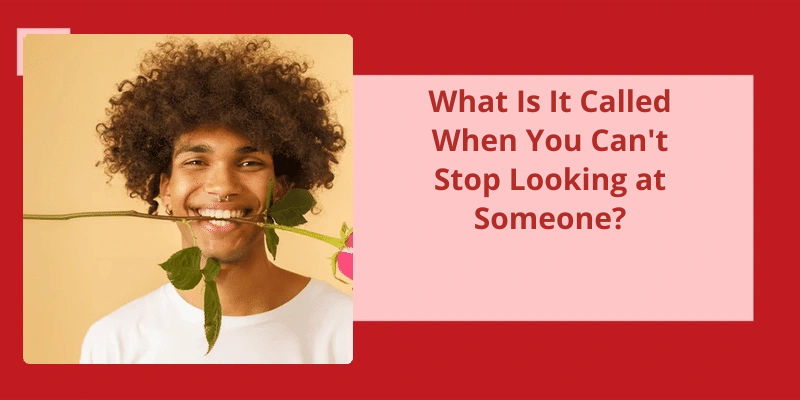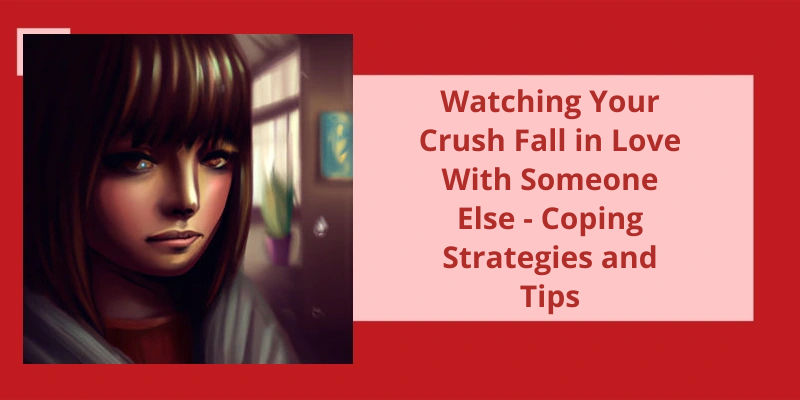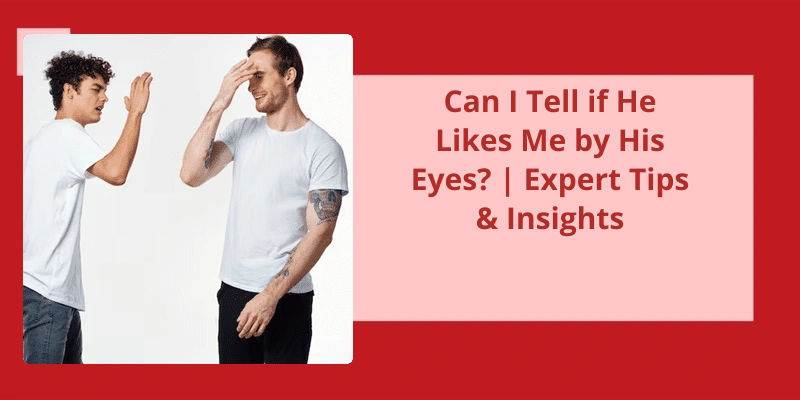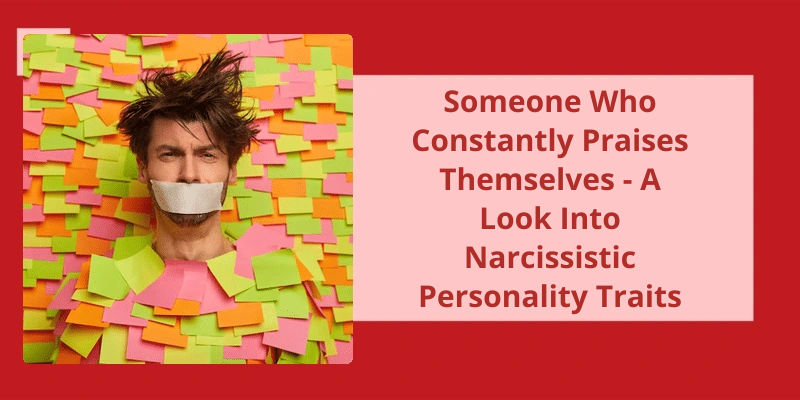Have you ever found yourself unable to look away from someone, even though you know it's socially inappropriate or causing discomfort? This phenomenon is known as compulsive staring, and it's a relatively uncommon manifestation of obsessive-compulsive disorder (OCD). It's a challenging condition that can be distressing and isolating, but recognizing and understanding it can be the first step towards finding solutions and support.
What Is It Called When You Look at Someone for a Long Time?
Staring is a common human phenomenon that’s been observed and studied for many years. It’s the act of prolonged gaze at another person, object, or scene.
When we stare at someone for a long time, we often make them feel uncomfortable or suspicious. They may start to feel as if they’re being judged or scrutinized, even if you don’t have any negative intentions towards them. This is because staring can be seen as an invasion of someones privacy, especially in public spaces where people expect to have some level of anonymity.
Staring also sends out a signal of assertiveness. A person who stares continuously at another shows a sense of power, control, or dominance. This reaffirms their presence and control in social situations, particularly when dealing with someone they perceive to be of a lower social or economic status. This can lead to conflict as the individual being stared at may interpret this as a sign of disrespect.
Some people find themselves gazing intently at another person without any intentional meaning. This could be due to a medical condition, such as autism or ADHD. These conditions can interfere with the persons ability to filter out visual stimuli, causing them to stare longer than normal. Additionally, some people may be attracted to others and inadvertently stare without realizing it, leaving them open to negative misunderstandings.
It’s important to be aware of our gaze and the message that it sends out, especially in public spaces.
The Psychology Behind Staring: What Drives Us to Stare at Someone for a Long Time?
This article explores the reasons why people tend to stare at others for extended periods. Factors such as curiosity, fascination, attraction, and social anxiety may contribute to this behavior. Additionally, cultural and social context may play a role in determining the acceptability of staring in different situations.
Navigating social situations can be tough, and one of the most uncomfortable scenarios is when someone is staring at you. Whether it’s a stranger on public transport or a colleague in the office, it’s important to know how to politely ask them to stop. Here are some tips to help you navigate this situation with grace and tact.
How Do You Politely Ask Someone to Stop Staring at You?
Being stared at for an extended period can make anyone feel uncomfortable and self-conscious. Some people may stare out of curiosity or awe, while others may have more negative intentions. Regardless of the reason, it’s perfectly acceptable to politely ask someone to stop staring at you. One approach you can take is to help them realize that they’re staring, potentially by catching their eye and then making it clear that you’ve noticed them watching you.
To do this, you could start by smiling at the person, acknowledging their gaze but also signaling that you’ve seen them. Generally, if someone smiles back and then looks away, it means they’ve recognized that they were staring and are no longer doing so. If the person continues to stare, you can raise your eyebrows or tilt your head to indicate that you’re aware of their attention. This can help make the staring more awkward for them and can sometimes prompt them to stop.
This can be a tricky conversation to navigate, as you don’t want to come across as rude or confrontational. One way to approach this is to create a diversion by talking to the person about something else. You might comment on their clothing or ask them a question about the event or environment you’re both in. This can help change the subject and prevent the staring from continuing.
If you do decide to address the staring directly, it’s important to do so in a calm and polite manner. Try to keep your tone light and conversational, and avoid sounding angry or accusatory. You could say something like, “Excuse me, I noticed youve been looking at me for a while now. Is there something on my face thats catching your attention?” or “Im sorry, I cant help but feel a bit uncomfortable with you staring at me like that. Is there something you need or want to talk about?”
This could mean catching their eye, changing the subject, or having a direct conversation with them. Whatever approach you decide to take, remember to remain polite and respectful, and try not to let their staring affect your mood or confidence. With a little bit of assertiveness and grace, youll be able to navigate this uncomfortable situation with ease.
Source: What’s the best way to ask someone to stop staring at you?
Eye contact is one of the most powerful nonverbal cues we use in social interactions. It can convey a wide range of emotions and intentions, from trust and sincerity to suspicion and discomfort. But why do we keep glancing at each other? What’s it about eye-gazing that makes it such an important aspect of human communication? Let’s explore this fascinating topic and uncover the hidden meanings behind our gaze.
Why Do We Keep Glancing at Each Other?
This is because eye-gazing is a deeply ingrained human behavior that’s evolved over time. Studies have shown that eye contact is an important social behavior that helps us to establish and maintain social connections. It helps to convey emotions, intentions, and attitudes, and provides valuable information about the person we’re interacting with.
Eye contact can also have physiological effects on the body. When we look into someones eyes, the levels of oxytocin in our brains increase. This hormone is associated with trust and bonding, which is why we feel closer to someone after prolonged eye contact.
However, it’s important to note that too much eye contact can be off-putting. Staring can make someone feel uncomfortable or even threatened. So it’s important to find a balance between maintaining eye contact and allowing for breaks to look away or focus on other things.
Moreover, cultural differences can also have an impact on eye contact. In some cultures, direct eye contact is considered a sign of respect and engagement, while in others, it may be seen as aggressive or rude. It’s important to be aware of these cultural nuances when interacting with people from different backgrounds.
Eye Contact and It’s Relationship to Confidence and Assertiveness
- Direct eye contact has been linked to greater confidence and assertiveness in numerous studies
- Avoiding eye contact can be seen as a sign of shyness, uncertainty, or even dishonesty
- The ability to maintain appropriate eye contact is often seen as a valuable social skill
- However, it’s important to note that cultural differences may affect how eye contact is perceived and valued in different contexts
- Overall, developing good eye contact can help improve one’s communication skills and relationships
Conclusion
As a society, we need to continue to increase awareness and understanding of OCD and it’s various manifestations, including compulsive staring, in order to destigmatize mental health issues and provide proper support for those who need it.






